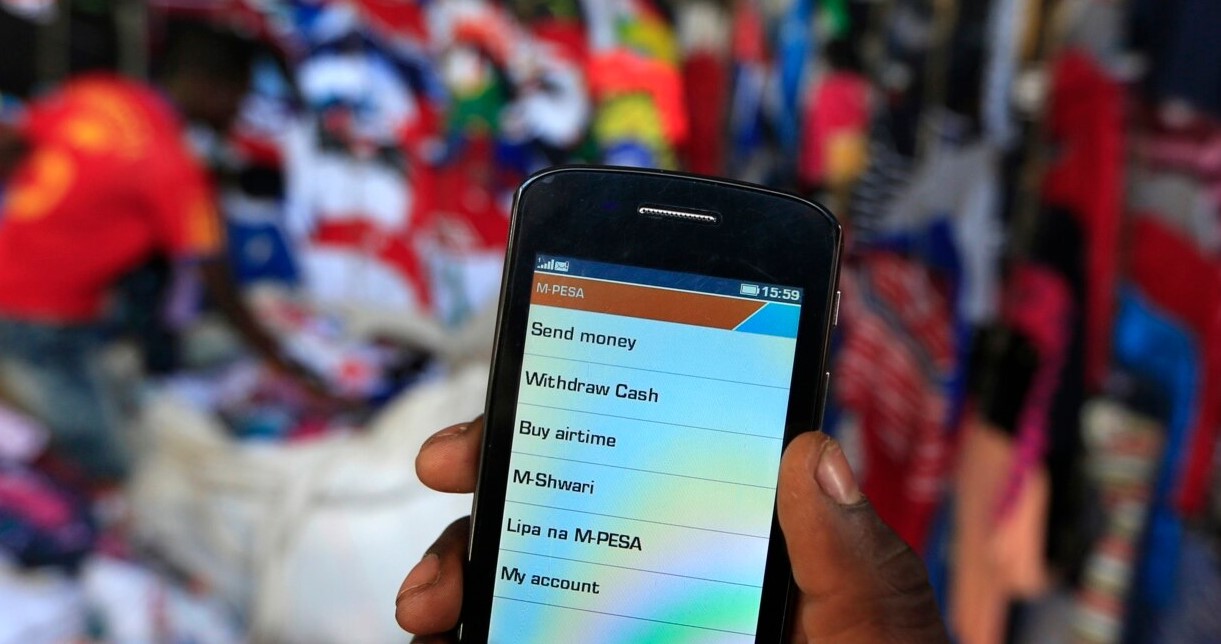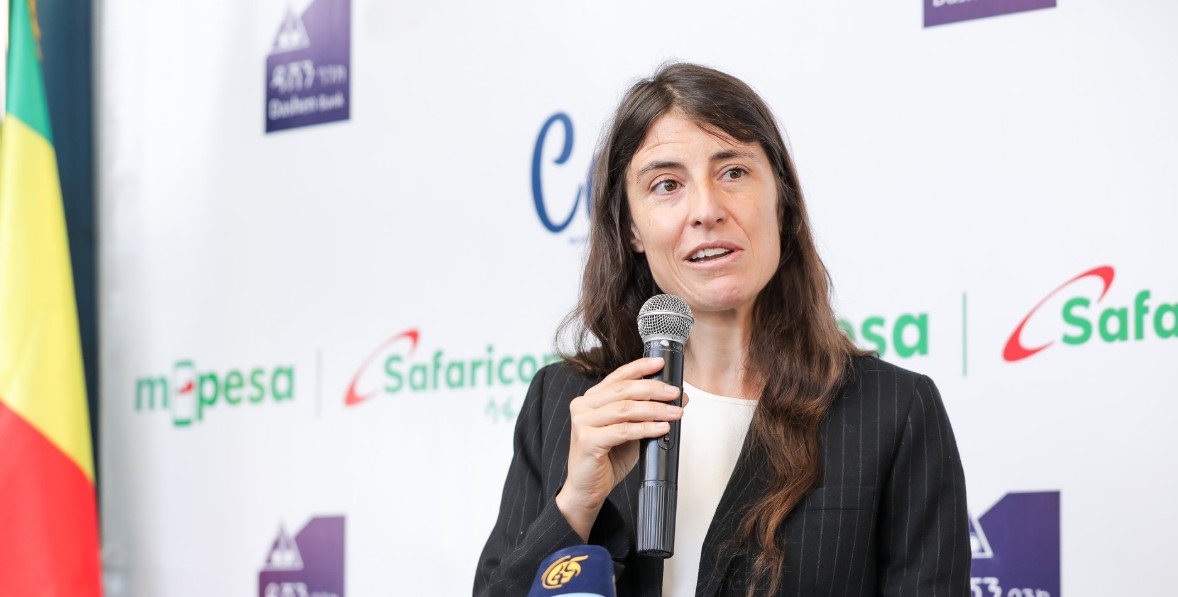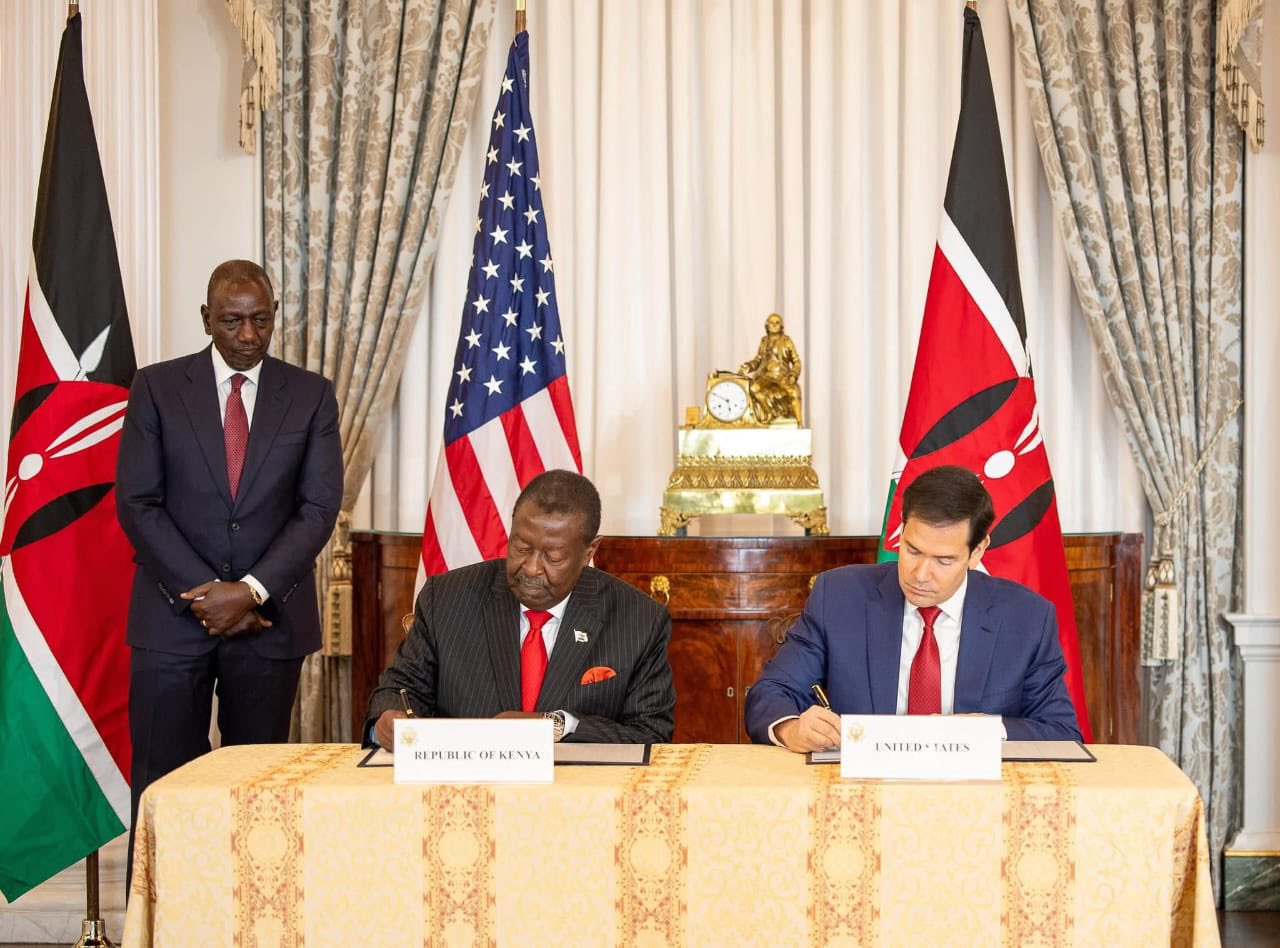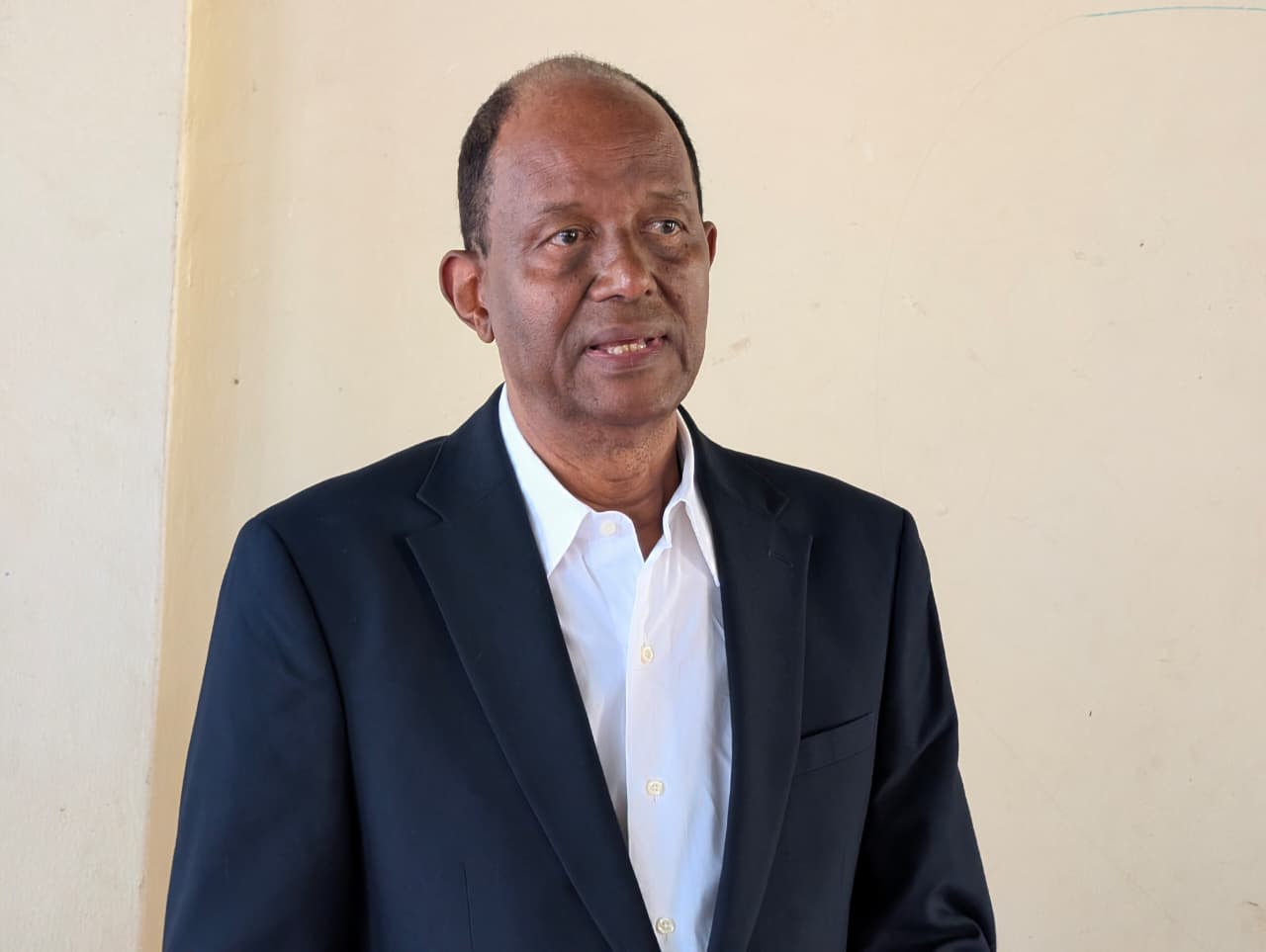Kenya’s mobile phone subscriptions hit 70 million as digital services soar

The rise in subscriptions has been attributed to better network coverage, affordable smartphones, and improved mobile services.
Kenyans are increasingly using mobile technology, with active mobile phone subscriptions rising to 70 million in the first quarter of the 2024/25 financial year.
According to a report by the Communications Authority of Kenya (CA), this represents a 1.6 per cent increase from 68.9 million in the previous quarter.
More To Read
- M-PESA Ethiopia works to fix App blocked on Ethio Telecom data
- Uwezo Fund disburses Sh2.2 million to 14 community groups in Kamukunji
- Why smartphones before age 12 raise risks of depression, obesity and poor sleep
- Apple officially retires first-generation iPhone SE, marking end of an era
- Safaricom rolls out Daraja 3.0 in major M-Pesa API redesign
- CBK data shows Sh344 billion decline in mobile money transactions, steepest drop in 18 years
The rise in subscriptions has been attributed to better network coverage, affordable smartphones, and improved mobile services such as faster internet and innovative apps.
The report notes that the increase has pushed Kenya’s mobile penetration to an all-time high of 135.8 per cent, reflecting the growing demand for connectivity both in urban and rural areas.
Mobile technology is now a critical part of everyday life, with its use extending to communication, education, healthcare, entertainment, and financial transactions.
Mobile money platforms, including M-Pesa, Airtel Money, and T-Kash, remain central to financial inclusion in the country. They allow millions of Kenyans to transfer money, pay bills, and save conveniently. Small and medium-sized enterprises (SMEs) have also benefited from these services, which have streamlined transactions and expanded market access.
The report highlights that the growing number of mobile internet users has contributed to the rapid growth of e-commerce.
Online shopping platforms such as Jumia, Kilimall, and Copia have gained traction, offering a wide range of products and delivery services even in remote areas.
Mobile data subscriptions also reached a record 53.7 million during the quarter, driven by the increasing use of 4G and 5G networks, which now account for 58.1 per cent of all connections.
Faster internet
According to the report, faster internet is being used for activities such as streaming, online learning, and shopping.
“The telecommunications sector demonstrated overall growth during the quarter under review. Mobile SIM, machine-to-machine (M2M), mobile money, and broadband subscriptions all grew, reflecting the sector’s continued expansion and adaptation to consumer demands,” the CA noted in its report.
Safaricom remains the largest mobile service provider, with 45.9 million subscribers, translating to a 65.7 per cent market share. Airtel follows with 20.7 million subscribers (29.6 per cent), while Telkom, Equitel, and Jamii Telecommunications account for smaller portions of the market.
Prepaid subscriptions dominate the market at 68.6 million, while post-paid subscriptions stand at 1.4 million, with Safaricom commanding 85.7 per cent of this segment.
M2M subscriptions also increased by 1.2 per cent to 1.8 million, reflecting the growing adoption of Internet of Things (IoT) technologies across key sectors such as agriculture, healthcare, retail, and manufacturing. These technologies are driving efficiency, productivity, and innovation in various industries.
Mobile money services also experienced growth, with subscriptions rising by two per cent to 40.6 million, while the number of registered agents grew by 5.1 per cent to 365,432. Kenya’s leadership in mobile financial innovation has further been cemented by these developments.
Smartphone use has also risen, with 72.6 per cent of mobile users now owning a smartphone.
CA notes the increase is enabling more Kenyans to access digital services for financial transactions, communication, and everyday tasks.
Meanwhile, traditional 3G broadband subscriptions have declined as users shift to faster 4G and 5G networks.
Despite the positive developments, the rapid growth in mobile penetration, which now exceeds 135 per cent, has raised concerns about digital safety.
Issues such as cybercrime and data privacy are becoming increasingly urgent, calling for enhanced measures to protect users in the digital space.
Top Stories Today











































